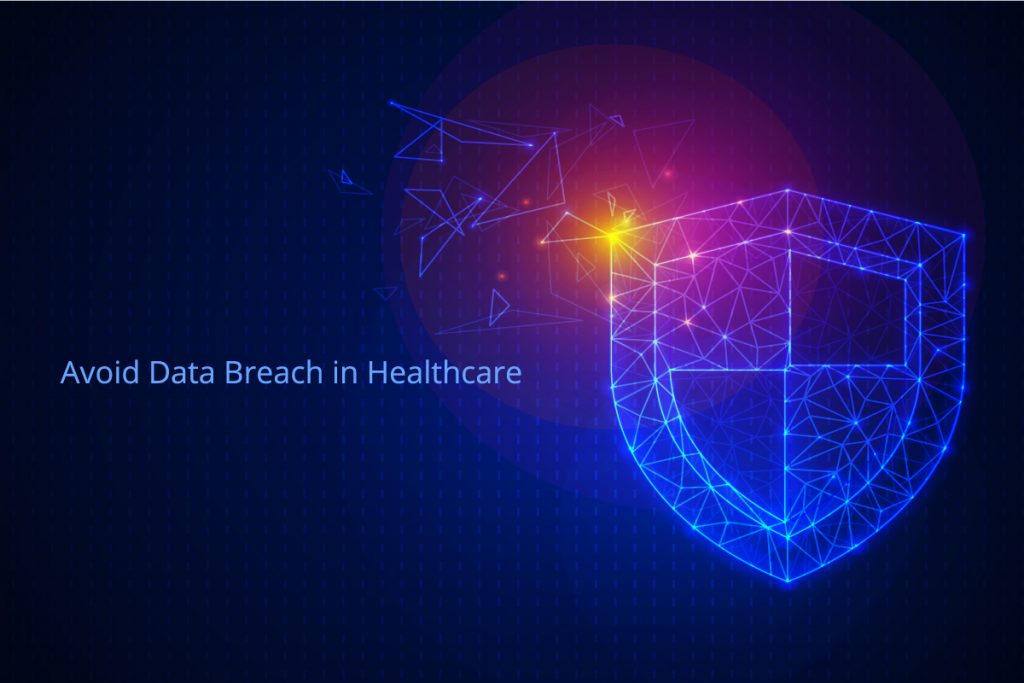
Cyberattacks continue to rise, making strong data security a top priority. Healthcare organizations face greater risks than most industries because they store sensitive patient information. Protecting that data helps prevent costly and damaging breaches.
Attackers commonly exploit unauthorized access to cloud apps or steal patient details from unprotected files. They also use compromised login credentials to enter systems undetected.
How to Safeguard Healthcare Systems from Ransomware
Ransomware usually spreads after a phishing attack. Hackers send malicious emails to hospitals and healthcare employees, hoping someone clicks a link or downloads an infected attachment. One mistake can disrupt an entire operation.
Hospitals feel the biggest impact since they rely on shared data to deliver fast and accurate care. Applying strict data retention schedules reduces risk because older data stored in digital systems becomes a larger target for cybercriminals.
Key Strategies to Prevent Data Breaches
Conduct regular risk assessments. Review security policies, identify new threats, and fix vulnerabilities before attackers find them.
Monitor network devices consistently. Devices such as servers, endpoints, and medical equipment remain common entry points for breaches.
Use strong encryption. Protect patient information both in transit and at rest to block unauthorized access and avoid penalties.
Strengthen hardware security. Lock down physical systems and ensure medical devices receive proper protection.
Segment networks wisely. Separate public networks from those that handle private medical data to eliminate exposure.
Control data access. Give only authorized medical staff the credentials needed to view sensitive information and enforce multi-factor authentication.
Update passwords often. Frequent changes prevent stolen credentials from being used for long.
Strengthening cybersecurity now ensures safer, more efficient patient care later. A proactive defense reduces ransomware risks and keeps protected health information secure.
To get more updates join us on: Facebook, Twitter, LinkedIn




